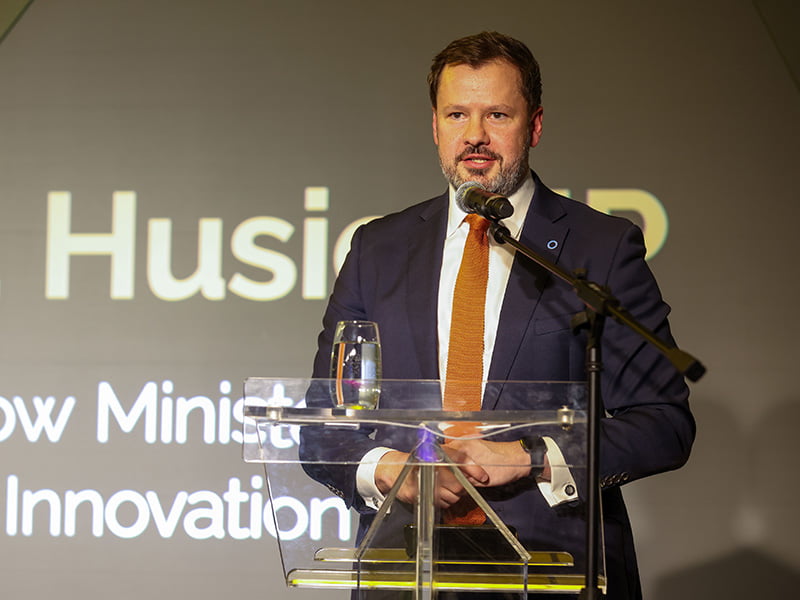The $1.3 billion manufacturing grants program is being used as an “election slush fund” by the federal government, with delays in unlocking funding creating a potential national security risk, according to shadow Industry minister Ed Husic.
In a speech delivered to the Sydney Institute on Tuesday, Mr Husic called for an industry policy “makeover” in the wake of a series of global crises, with the need for a renewed focus on picking winners and sovereign capability.

Manufacturing and policies to support sovereign capability in the sector are shaping up to be key election issues.
The Coalition launched the $1.5 billion Modern Manufacturing Fund in late 2020, with the Opposition pledging its own $15 billion National Reconstruction Fund in response.
It was revealed recently that only $85.2 million from the government’s fund has been given to companies so far, with just $3.2 million being unlocked from the $107 million Supply Chain Resilience Initiative.
The first major grant from the manufacturing initiative was announced this week, with South Australia landing the funds just weeks out from the state election. With applications having closed for a number of separate funding rounds, significant grants are expected to be announced in the lead up to the likely May federal election.
Mr Husic slammed the manufacturing initiative as “another election slash fund”, saying the delays in providing support for sovereign capability risks harming Australia’s national security.
“The Morrison-Joyce government sitting on funding decisions for the sake of a flash election announcement at the expense of industry regrowth and evolution presents us with a security risk,” Mr Husic said in the speech.
“The lazy addiction of this tired Coalition government to electoral stunts applied within the realm of industry policy is doing the nation a long-term economic disservice and presents as a potential national security risk in the immediate moment. This must end for the nation’s sake.”
Pointing to the lack of availability of locally-made rapid antigen tests and the absence of electric vehicle manufacturing, the shadow industry minister said the government lacks a “genuine ambition for Australian industry”.
Mr Husic said Labor’s proposed reconstruction fund would focus on sovereign capability, create jobs and diversify the economy. It will include $3 billion for a Powering Australia Plan focusing on low-emissions technologies and manufacturing, and place a priority on purchasing locally-made medical goods.
Referencing the UK’s bailout of its seventh largest energy company, the US government’s Buy America program and France’s push for tech and industry independence, the shadow minister said that industry policy is getting a “makeover”, and picking winners is no longer a “pejorative phrase”.
“Nations have been jolted into it, by a pandemic that highlighted the scarcity of the items it was believed would be readily available, delivered by efficient global supply chains,” Mr Husic said.
“And by a recognition that we’ve become chronically dependent on the concentration of supply of our products, where it’s estimated up to 80 per cent of the global production for some consumer products comes from one nation: China.”
Mr Husic acknowledged it will be “bloody hard” for Australia to complete this makeover, but said action is urgently needed.
“The disconnect between our potential and our current self-sufficiency must be bridged. Australia ranks dead last on manufacturing self-sufficiency compared to other OECD countries. We can and should be better than that,” he said.
“This is not about the notion of governments swinging open the doors of Treasury to back all industry corners, one and all. But it is a call to think, to shape policy for the times. Australia can be a place that makes things. But it won’t just happen because we declare it so.
“It takes hard work, an understanding of the moving parts that need to work together, backed by a preparedness to invest and cooperate.”
Do you know more? Contact James Riley via Email.

